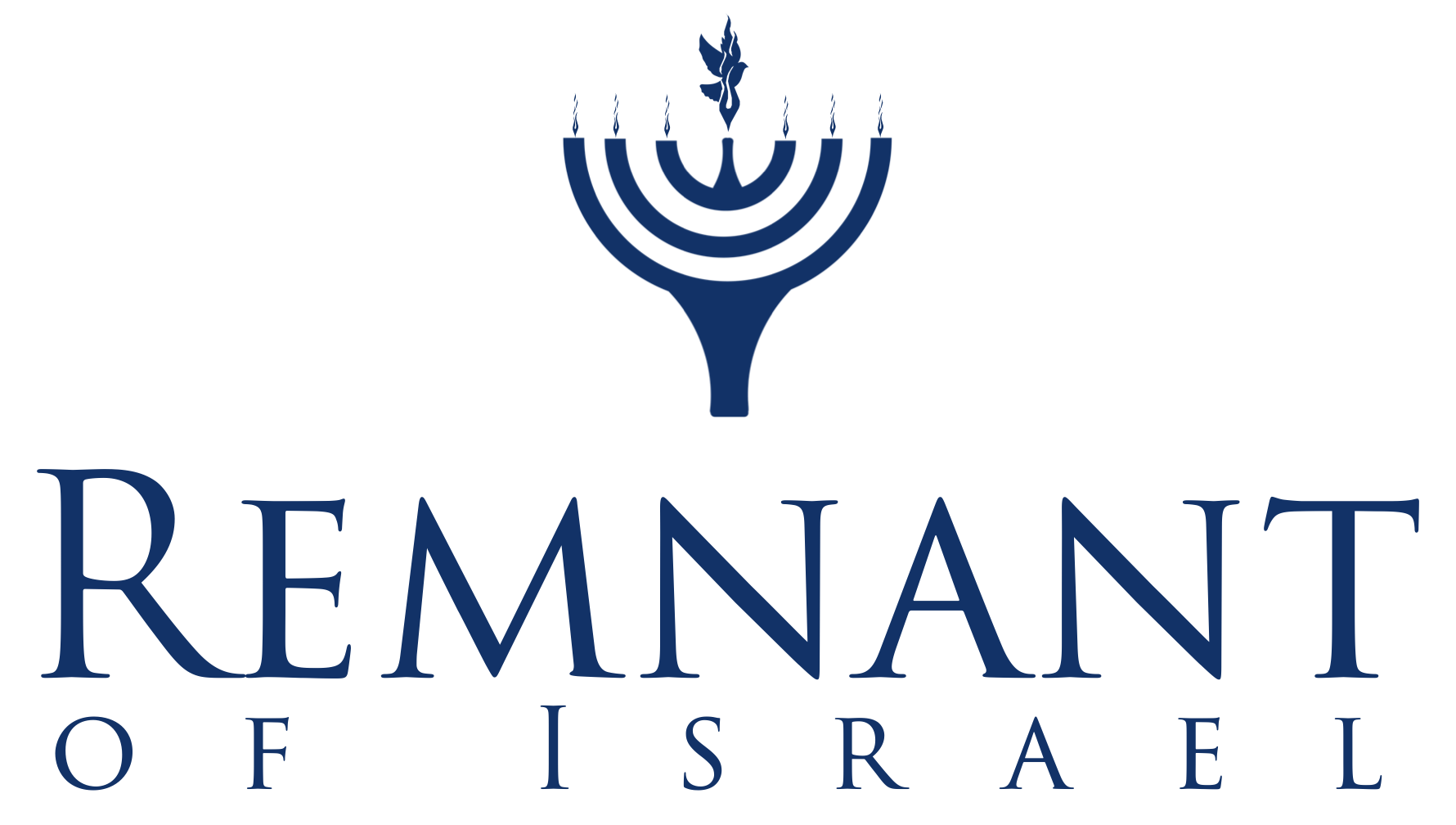חג המצות
Feast of Unleavened Bread (Chag HaMatzah)
Directly following Passover is Chag HaMatzah, or the Feast of Unleavened Bread, when no chametz may be eaten or possessed for a full seven days (Ex. 12:14-20; Num. 28:16-25; Lev. 23:6-8). For the entire week of Chag HaMatzah we are not to have any leavened products in our homes, nor are we to consume any leavened products outside our home. We are “leaven-free” or without sin because of our Messiah’s sacrifice (1 Cor. 5:6-8). The bread traditionally eaten is Matzah. Another traditional food is Matzah ball soup. Any foods made with yeast are biblically avoided (Ex. 12:15 , 18-20).
In the first month, on the fourteenth day of the month between the two evenings is the LORD’s Passover. And on the fifteenth day of the same month is the feast of unleavened bread unto the LORD; seven days you shall eat unleavened bread. In the first day you shall have a holy convocation; you shall not do any work. And you shall bring an offering made by fire to the LORD seven days; in the seventh day is a holy convocation; you shall not do any work. (Leviticus 23:5)
Because the house is free of chametz (leavened bread) for eight days, the Jewish household usually eats foods specially prepared during the week of Passover. These include:
- Matzah brei – Softened matzo fried with egg and fat; served either savory or sweet
- Matzo kugel – A kugel made with matzo instead of noodles
- Charoset – Chopped or ground apples and nuts in wine
- Chrain – Horseradish and beet relish
- Gefilte fish – Poached fish patties or fish balls made from a mixture of ground deboned fish, mostly carp or pike
- Chicken soup with matzah balls (kneydlach) – Chicken soup served with matzo-meal dumplings
